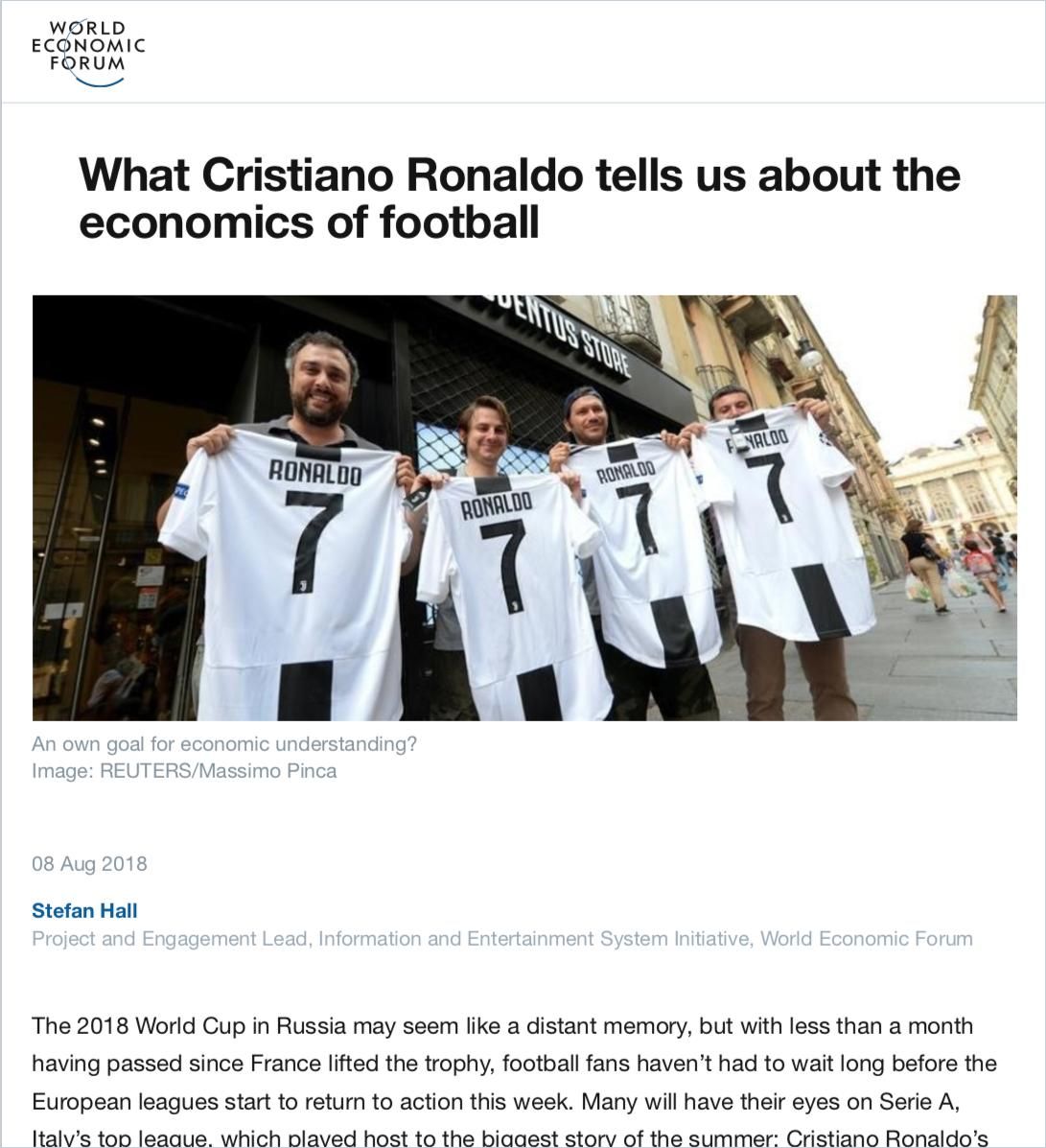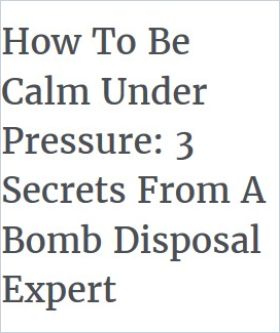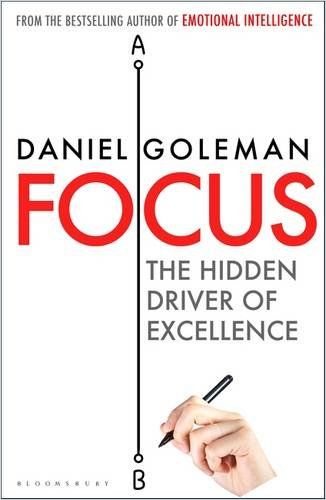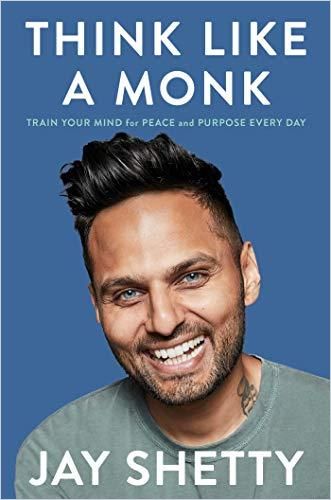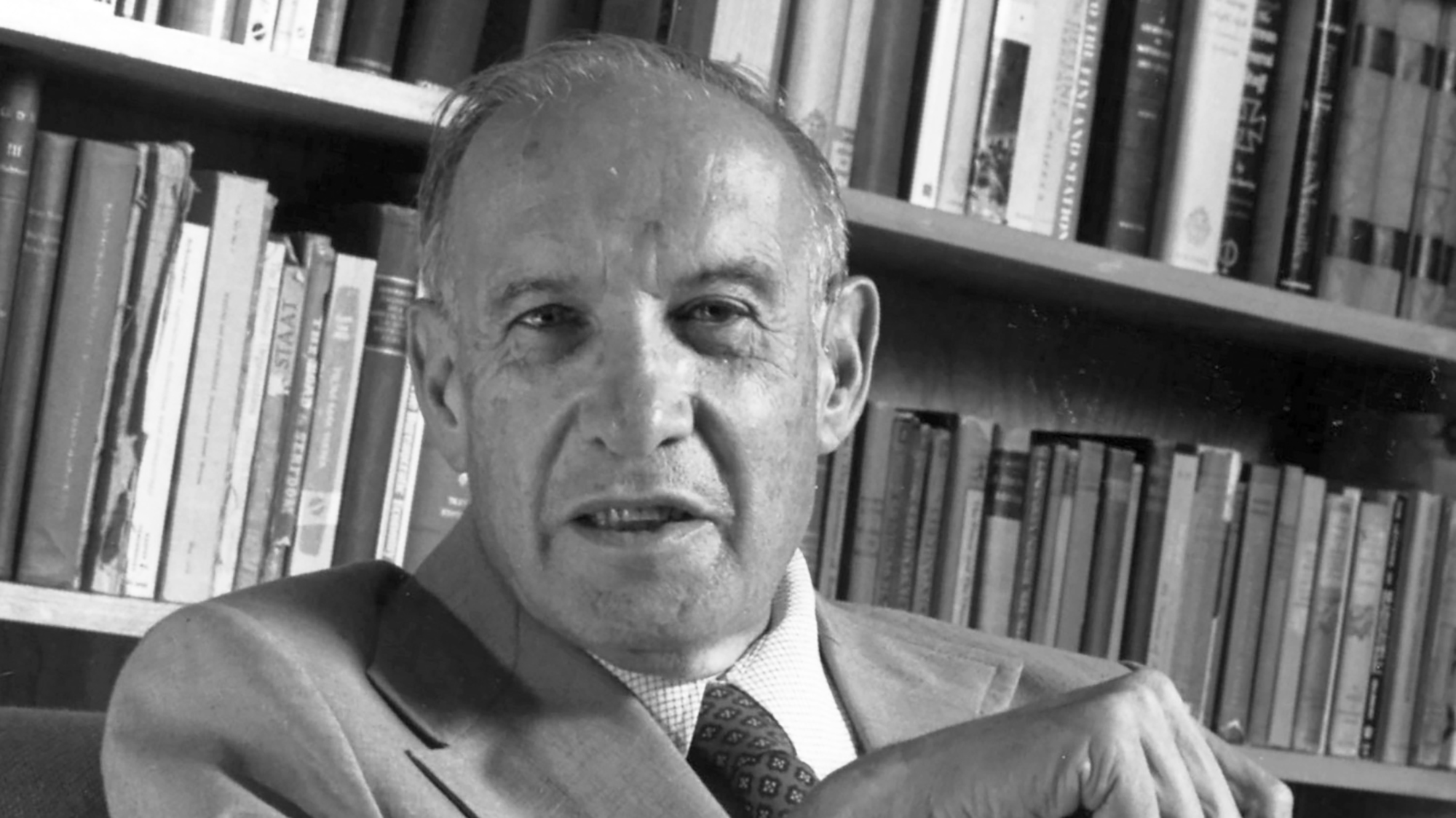Lessons from the “World’s Most Popular Sport”

According to Stefan Szymanski, the Stephen J. Galetti professor of sport management at the University of Michigan, soccer has experienced spectacular growth for some 25 years: As of today, it can be called the world’s most popular sport. And as the citizens of the world’s four largest countries – Indonesia, China, the US and India – turn to soccer as a participatory sport and a fan favorite, its standing will grow even more. So, it’s time to get to know the sport’s craziest figures and apply the most critical insights from the game to your day-to-day business.
World Cups & Favorites
The first edition of the most important tournament for national soccer teams took place in Uruguay in July 1930. In the final between the two big favorites, the home team from Uruguay beat Argentina 4:2 to win the first World Cup title in history.
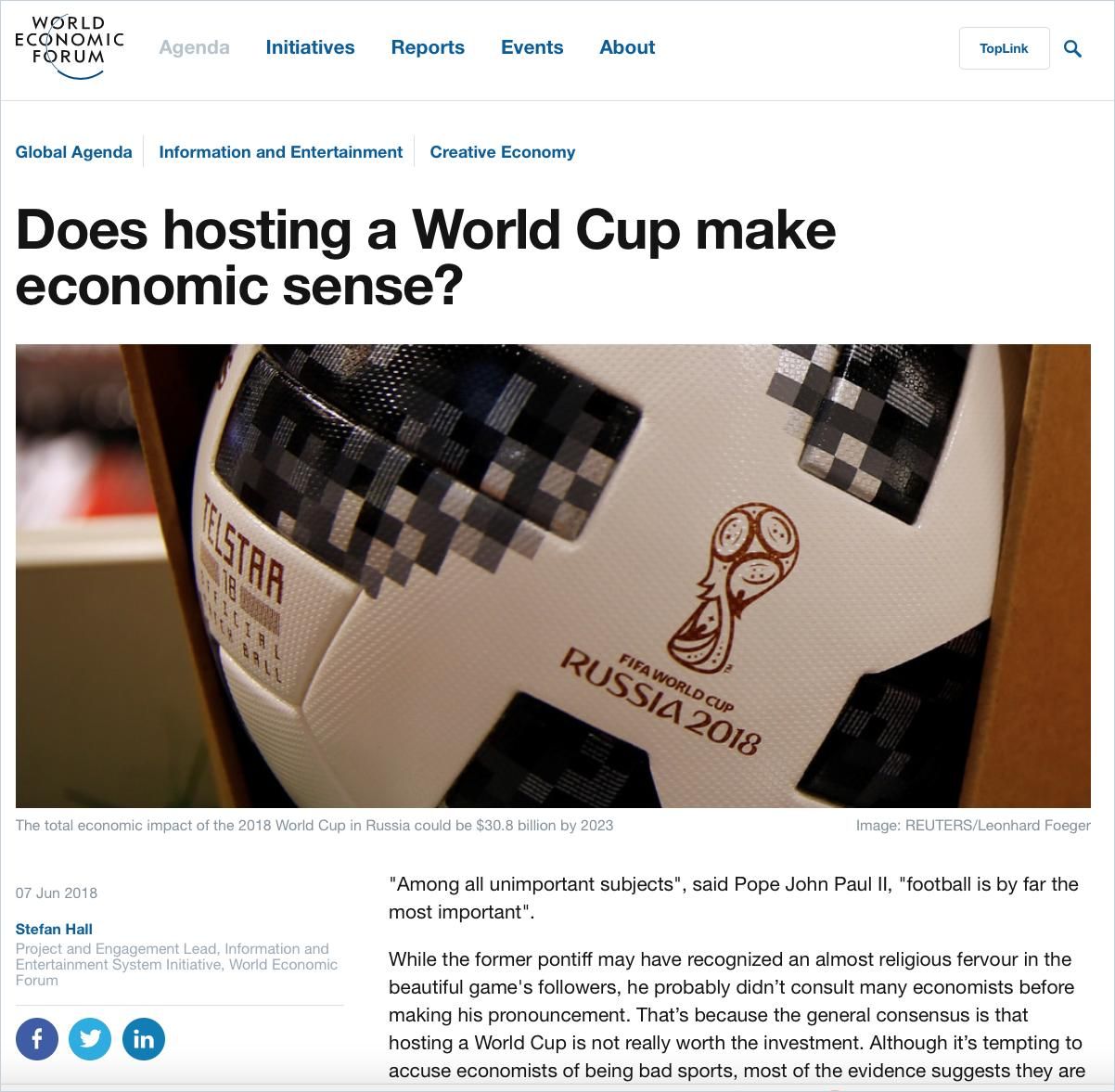
Since then, FIFA, the world’s soccer governing body, has had an unprecedented success story – one that deliberately seeks to provide soccer fields to all neighborhoods in the world and powerful development aid through sport in a very diverse range of countries on all continents. Nevertheless, many scandals have mingled with the organization’s positive headlines in recent decades, linking FIFA leadership with corruption, bribery, and vote-rigging. Perhaps it is also worth mentioning here that the Fédération internationale de Football Association is the only world organization where two successive chairmen could come from the same lonely mountain valley in Switzerland without anyone being surprised.
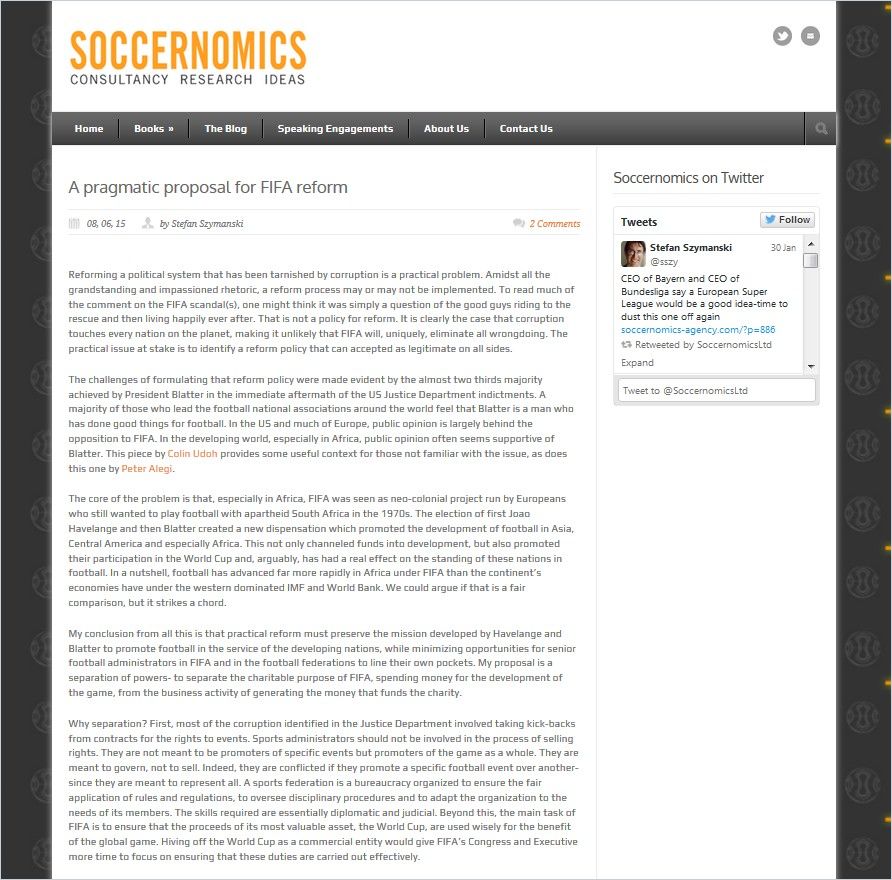
Playmakers
Thankfully, in soccer, goal scorers rarely lead a team to victory. Players who have an eye for better-positioned colleagues put them in position in the first place. We’re talking about strategists, and playmakers like Toni Kroos for Germany, Jude Bellingham for England or Bruno Fernandes for Portugal.
When Brazilian soccer legend Pelé listed the 125 best-ever players for FIFA’s 100th anniversary, he also put Mia Hamm on the list. Pelé didn’t name her because she was a high scorer. Instead, the ranking honored Hamm as a playmaker: She embodied an overarching desire to win, was relentless and exacting on the field, and performed well under competitive pressure.
Hamm, like other playmakers, exhibits a “sixth sense.” This “athletic cognition” marks an ability to make the right, smart choice under competitive pressure in all game situations. And the best part is: What Hamm has learned, you can learn too. Start training now!
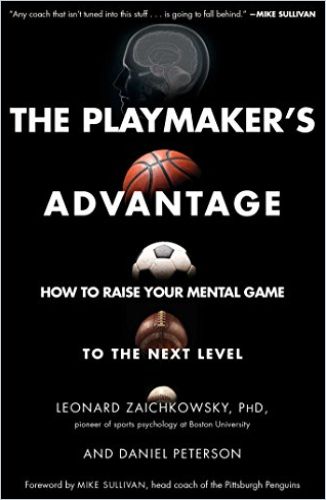
Stay Cool in Front of the Box
When German midfielder Thomas Müller ran alone towards goalkeeper Jordan Pickford at the EURO three years ago, just minutes before the final whistle in the round of 16 against England – what was going through his head? In the two or three seconds it took him to run away from his opponent, look out for a corner, take the shot – and the ball just missed the goal on the left – the game was decided. Too rash. England beats Germany. If Müller had scored, who knows what might have been possible?

After the game, the German player was dejected and said he had to switch off for a few days. Perhaps he should have read one of the following abstracts before the game, because, paradoxically, during a tempo counterattack, the one vital thing you need is inner peace.
Red Cards Are Avoidable
When the Swede Marcus Danielson brutally fouled his opponent Artem Besedin in the 100th minute of their 2021 match against Ukraine, the referee did not hesitate for long: He sent Danielson off with red. After that, the match was a different game: a 1-1 score turned into 2-1 for Ukraine in the final seconds – and Danielson became the tragic loser of the match, as his colleagues simply couldn’t muster the strength to counter the opponents’ waves of attacks in a shorthanded game.
Those who play unfairly in front of their teammates not only damage their own reputation, they sometimes demoralize the entire squad.
Weakened and then also outnumbered: Those who lose their nerve often also lose the decisive games. That’s why the most accomplished athletes learn to master their emotions, and Mind Gym tells you how to do it, too.
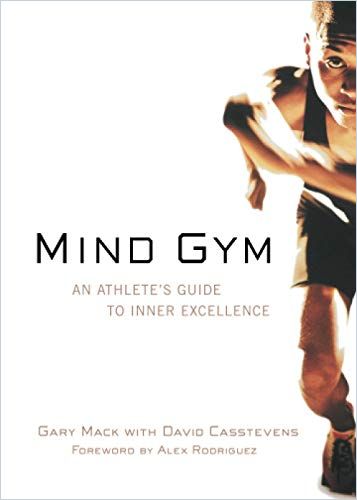
The Best Way to Play Defense Is to Attack
The Danes have not been known for playing particularly creative offensive soccer since 1992. The defense experts lost their first two preliminary round matches at EURO 2020. Still, after that, coach Kasper Hjulmand’s team played as if transformed: After a 4-1 win over Russia, they kicked out Wales with a 4-0 in the round of 16 and won 2-1 against the strong Czechs. Simply put, they realized that the best way to play defense is to attack.
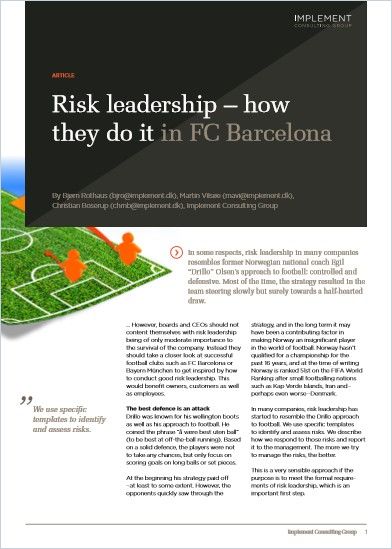
One of the best club teams in the world has been playing by this principle for years: FC Barcelona. What you can learn from their willingness to take risks, far beyond soccer, is what you’ll find out in Risk Leadership.
The Science Behind the Penalty Kick
“Penalty shootouts are always a lottery,” said Italy coach Roberto Mancini after his team won the EURO semi-finals against Spain, and he was right: A penalty kick is a perfect example of a zero-sum game.
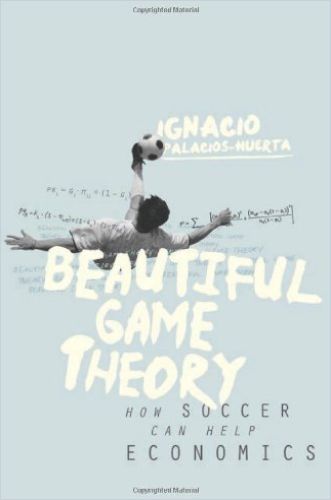
In game theory, a zero-sum game is one in which one player’s upside is always exactly offset by the other player’s downside, and vice versa. The advantage of the penalty kick for assessing game theory is that everyone can fully observe the action and the outcome, and the whole event is over in 0.3 seconds. Kickers want to maximize their chance of scoring, while goalkeepers want to minimize it. Goalkeepers want to maximize the chance of saving, which kickers want to minimize.
Data from more than 9,000 penalty kicks taken in the top leagues across Europe show that kickers scored roughly 80% of all penalty kicks awarded. This metric rose to almost 100% when the goalkeeper guessed incorrectly to which side of the goal the kicker would strike the ball, and it fell to 60% when the goalkeeper guessed correctly.
Find these and other insights from soccer in Beautiful Game Theory by Ignacio Palacios-Huerta. Incidentally, a new edition of the book should reflect on how it can happen time and again that the team that has just superbly won a major soccer tournament manages not to qualify for the finals the next time around. We are sure the book would sell like hotcakes in Italy (who lost the qualifiers semifinal against North Macedonia 0:1 and thus missed the 2022 World Cup in Qatar).
Popularity
Each year, the same soccer teams win their league championships, and many soccer clubs operate in the red. Fans fret about the future of their beloved sport.
How can soccer survive if most teams can’t pay their bills and never win?
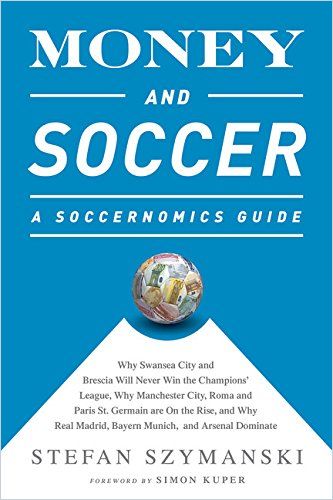
In Money and Soccer, Soccernomics-author and economist Stefan Szymanski argues that soccer has a brilliant future. He has assembled and analyzed business data on professional soccer since the 1980s, and examines the business of soccer and discusses how the fiscal realities affect the clubs, the players, the owners, the stadiums and everything else. Take a deep dive into the economics behind the world’s favorite sport!
BTW: Still wondering why the US watches baseball? And why many baseball clubs are even better off economically? The following summary has the answer:
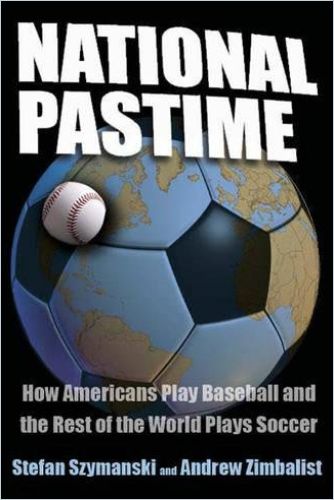
Offside
Our library of over 25,000 summaries can explain anything from quantum computing to the Gini coefficient to pandemics – but not the offside rule so far. So here it is, once and for all:
A player is in an offside position if, when his teammate passes, he is closer to the opponent’s goal line than the ball and the next-to-last opponent (including the goalkeeper).
One of the all-time outstanding soccer strikers and the winner of five Ballons d’Or, the superstar Cristiano Ronaldo is not only comparatively clever at avoiding offside, but he is also a money machine in more ways than one. Learn more about Ronaldo, his enormous fan base around the world and what’s in it for his (even former) clubs in What Cristiano Ronaldo tells us about the economics of football.
